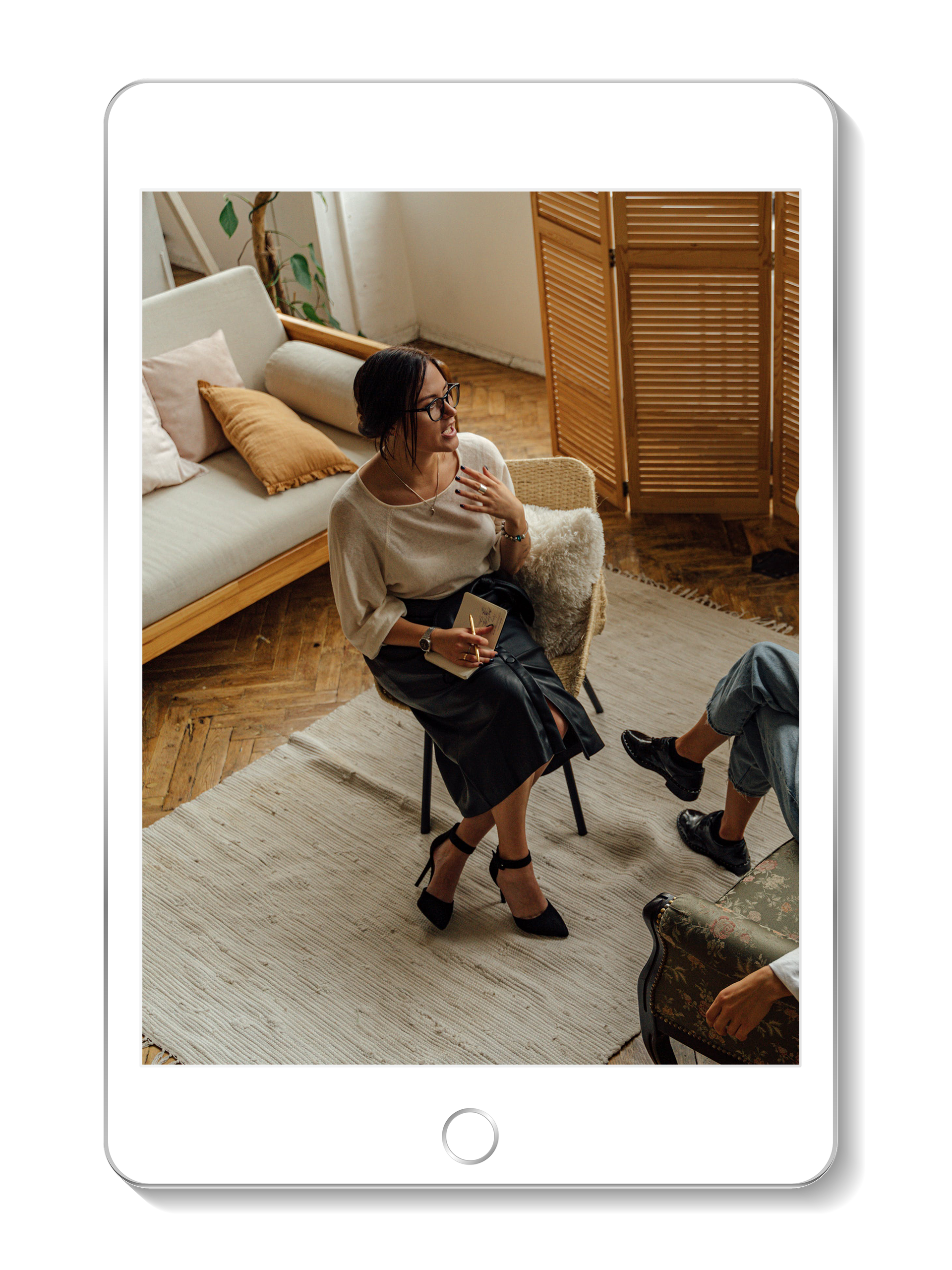

My passion lies in guiding individuals like you through transformative life coaching. With a heart full of empathy and a wealth of professional experience, I’ve dedicated my life to helping people discover their true potential and lead lives brimming with purpose and joy.

The literal definition of a boundary is “a line that marks the limit of an area.”
Your own personal boundaries are limits that you set for yourself with your relationships and relationship that you have with yourself.
Boundaries are what keeps us feeling safe in our relationships. When you were younger, you were likely taught personal boundaries; perhaps in the form of what is a good touch or bad touch, how and why you shouldn’t hit or throw things when you were upset. Those were boundaries, also known as protective factors that kept you safe. As you grew older, somewhere along the way something changed.

As adults, we get to define our own set of limits and rules in a way that creates healthy relationships.
So, how do you know if you have healthy boundaries? Here are some signs that your boundaries might be porous.
You often Feel afraid to say no in avoidance of making others upset or in fear of appearing unreliable or undependable.
You may find that you often feel resentful or taken advantage of because too much is asked of you.
Perhaps you find that you agree often in order to keep the peace instead of expressing how you feel.
Or perhaps you feel that your proximity to someone means that you share any and everything and take it personal when they decide not to share.
Assuming that others do not hold you in high regard if they set boundaries with you.
Did you know that having porous or unhealthy boundaries can impact your self esteem?
If you identify with some of the traits of having porous boundaries; consider reflecting on where that came from. Did everyone share everything in the family?
It’s very possible to develop unhealthy boundaries. The more aware you are of porous boundaries, you can start to take steps to change them.

Looking for a Black female therapist in Dallas? Reach out for a free 15 minute consultation to see if we are a good fit.
HOURS: Monday-Thursday 11am-6pm
Saturday 12-2pm
Email: jewel@cornerstonementalhealth.com Phone: 682-999-8119